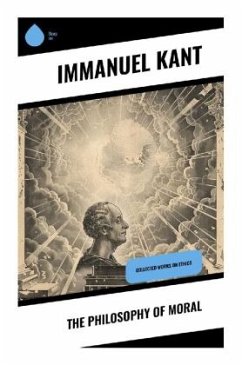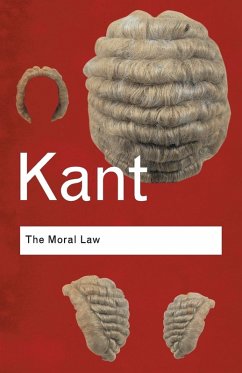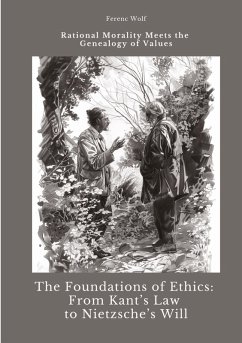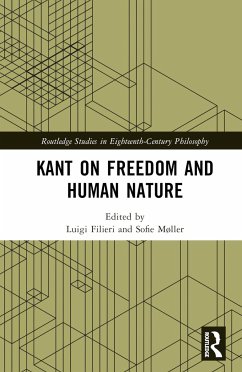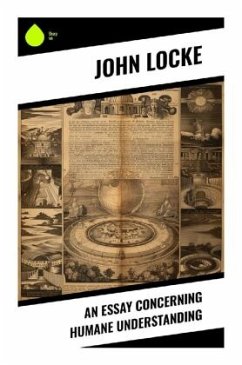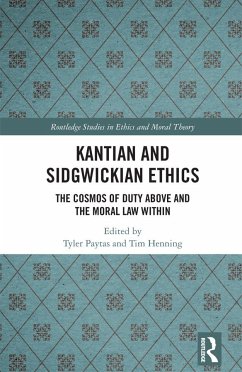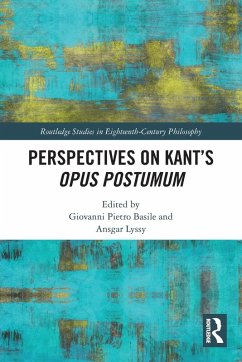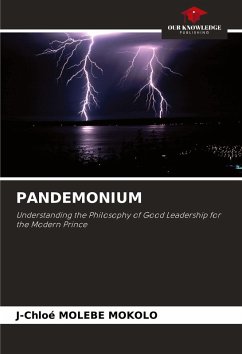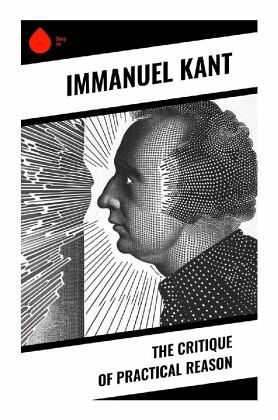
The Critique of Practical Reason
Versandkostenfrei!
Versandfertig in 6-10 Tagen
10,10 €
inkl. MwSt.

PAYBACK Punkte
0 °P sammeln!
Immanuel Kant's "The Critique of Practical Reason" serves as a seminal inquiry into the nature of morality and ethical behavior, advancing his critical philosophy by cementing the foundations laid in the "Critique of Pure Reason." In this work, Kant explores the interplay between reason and morality, positing that true ethical action must be grounded in a priori principles that are universal and necessary. His rigorous logical style and systematic approach reflect the Enlightenment's embrace of reason, while simultaneously grappling with the limitations of human understanding in matters of mor...
Immanuel Kant's "The Critique of Practical Reason" serves as a seminal inquiry into the nature of morality and ethical behavior, advancing his critical philosophy by cementing the foundations laid in the "Critique of Pure Reason." In this work, Kant explores the interplay between reason and morality, positing that true ethical action must be grounded in a priori principles that are universal and necessary. His rigorous logical style and systematic approach reflect the Enlightenment's embrace of reason, while simultaneously grappling with the limitations of human understanding in matters of moral decision-making. The text deftly navigates the complexities of freedom, autonomy, and duty, culminating in the formulation of the categorical imperative, which remains integral to contemporary moral philosophy. Kant, a pivotal figure of the Enlightenment, was profoundly influenced by the socio-political upheaval of his time, including the rise of individual rights and rational thought that characterized the 18th century. His background as a philosopher rooted in both empirical observation and rational deduction enabled him to challenge the prevailing dogmas of his era, as he sought to reconcile the demands of morality with the capabilities of human reason. This duality reflects Kant's deep commitment to establishing a rational basis for ethical behavior, one that resonates through the philosophical canon to this day. For readers interested in the intricacies of ethical philosophy, "The Critique of Practical Reason" is indispensable. It not only offers profound insights into the moral landscape but also invites readers to engage critically with their own ethical frameworks. Kant's work challenges us to consider the implications of autonomy and moral duty in our lives, making it a vital read for anyone seeking to understand the underpinnings of modern moral thought.



